-
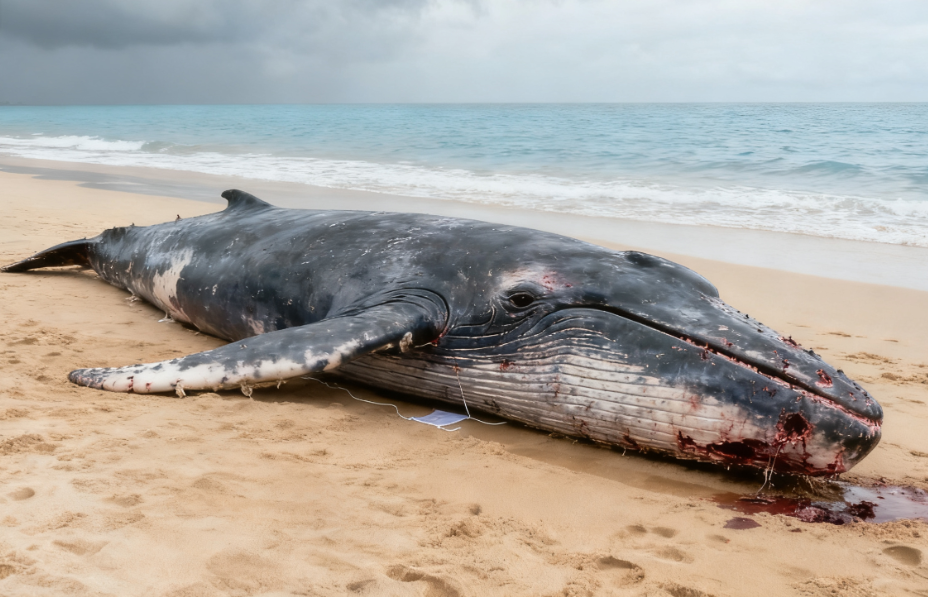
Dead Endangered Bryde’s Whale Found on Thai Beach
The carcass of an adult female Bryde’s whale was discovered on a beach in Bang Po District, Nakhon Pathom Province, Thailand. This marks the first whale death recorded in Thailand this year. Measuring 8 to 9 meters in length and weighing approximately 8 metric tons, the whale had been dead for at least three days.…
-
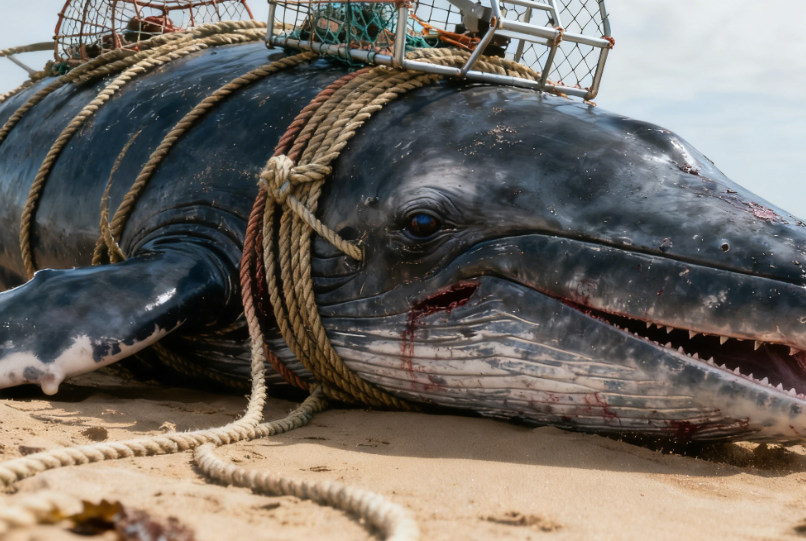
Hope the Humpback Whale Dies in Oregon
A juvenile humpback whale named “Hope” was found stranded on Santa Marina Beach near Yachatz, Oregon, entangled in crab trap gear. Despite nearly two days of rescue efforts by local residents, volunteers, and marine experts, the approximately 6,000-pound (2.7-ton) calf was euthanized on the afternoon of November 17. The cause of death was confirmed as…
-
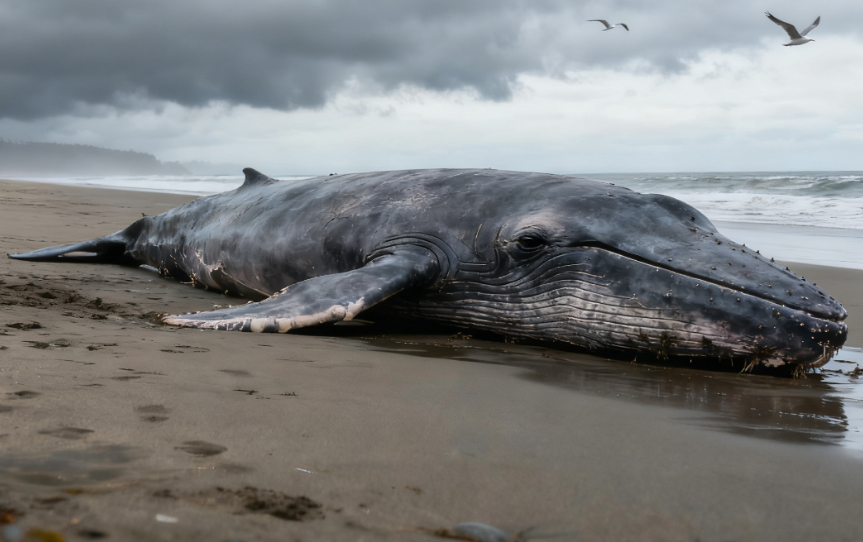
Young Humpback Whale Found Dead on Oregon Coast
A juvenile humpback whale measuring approximately 28 feet in length was found dead on Nisqually Beach in Oregon, USA. Preliminary observations indicate the animal was emaciated, leading marine biologists to speculate that malnutrition may have resulted from food shortages or ecological changes. Humpback whales rely on krill and other plankton for sustenance, and rising ocean…
-
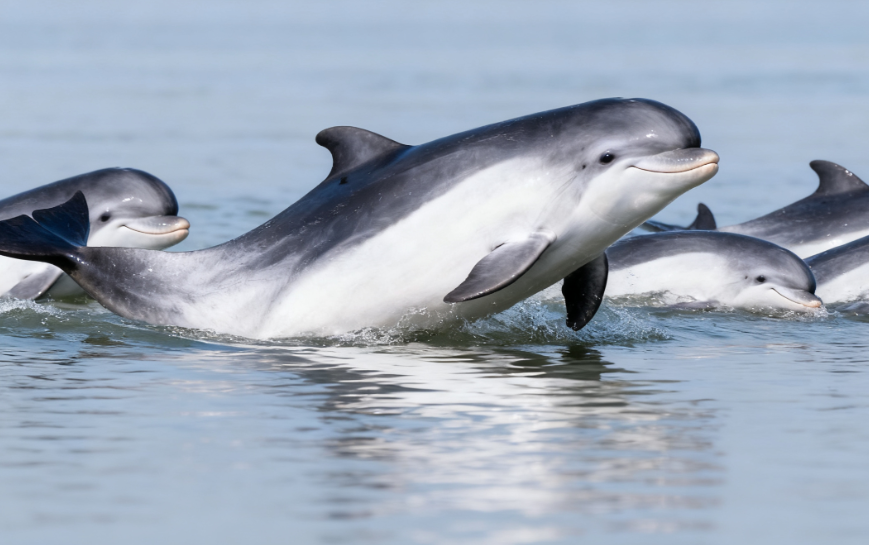
AI Monitoring Technology for Yangtze River Dolphins Deployed Across Southeast Asia
The AI-powered cetacean conservation technology developed jointly by the Institute of Hydrobiology, Chinese Academy of Sciences and Lenovo Group has been extended to Cambodia, Myanmar, and other countries. Through the integration of towed acoustic devices and drones, the China-Cambodia team tracks dolphin movements in real time. By leveraging AI models to build species knowledge databases,…
-
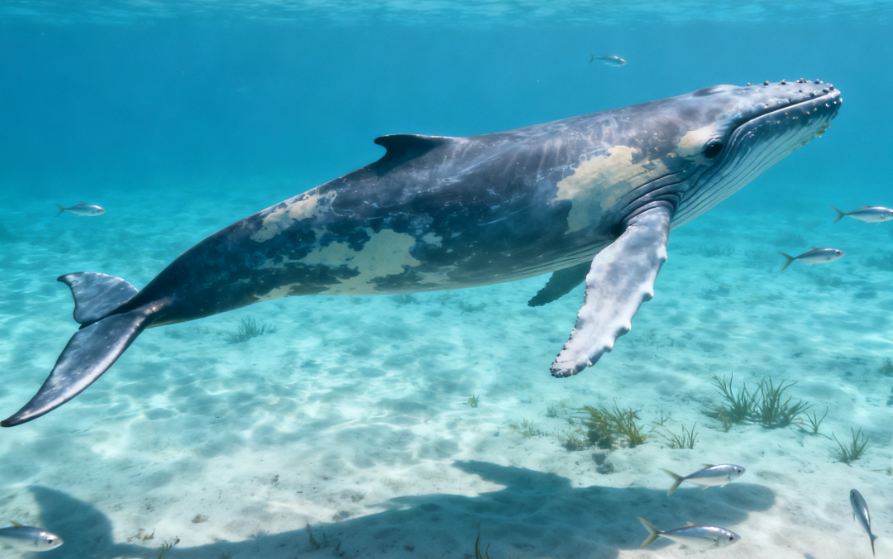
China-ASEAN Launches Cross-Border Bryde’s Whale Conservation Alliance
At the China-ASEAN Environmental Cooperation Forum held in Beihai, Guangxi, China and ASEAN nations reached a consensus to establish the “Beibu Gulf-South China Sea Bryde’s Whale Conservation Alliance,” designating Bryde’s whales as its flagship species. The waters around Weizhou Island in Guangxi, a critical habitat for Bryde’s whales, will collaborate with Southeast Asian nations on…
-
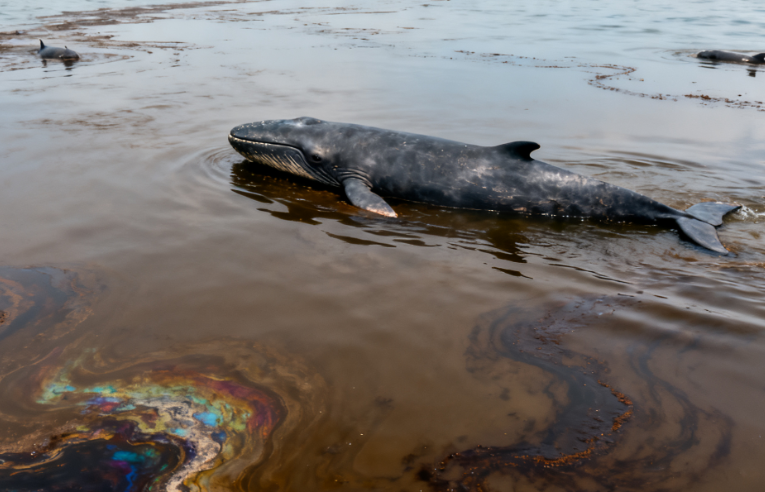
Long-Term Ecological Assessment of the Gulf of Mexico Oil Spill
The Scripps Institution of Oceanography released a report analyzing the long-term impacts of the 2010 Deepwater Horizon oil spill on cetacean populations. Data indicates that sperm whale and beaked whale population densities declined by 30% and 80% respectively within a decade after the spill, with some areas experiencing complete disappearance. The study emphasizes that toxic…
-
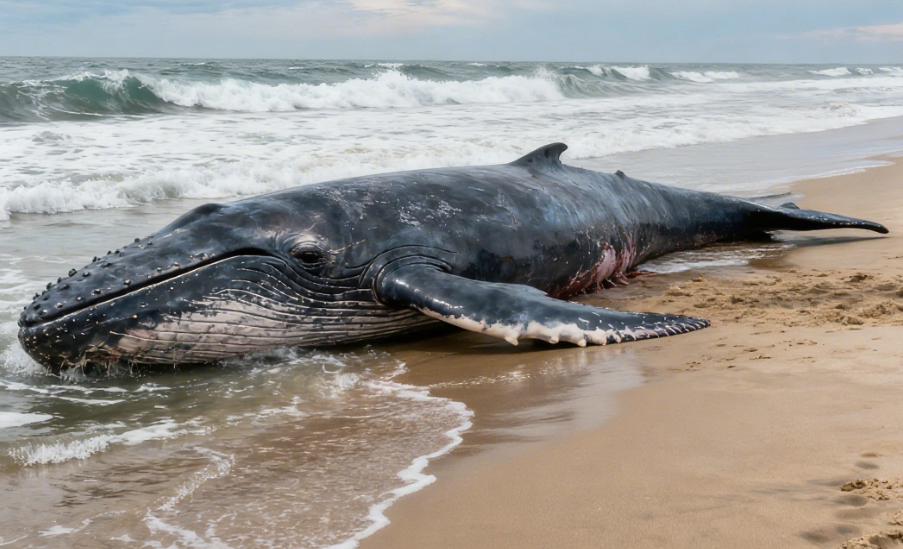
Stranding and Death of a Humpback Whale in New Jersey, USA
In October, a young humpback whale stranded on Long Beach Island, New Jersey. Rescue workers discovered distinct propeller injuries on both sides of its body and found it severely emaciated. Preliminary assessments indicate the whale died from vessel strikes and malnutrition. The Marine Mammal Stranding Center (MMSC) noted that propeller injuries are a leading cause…
-
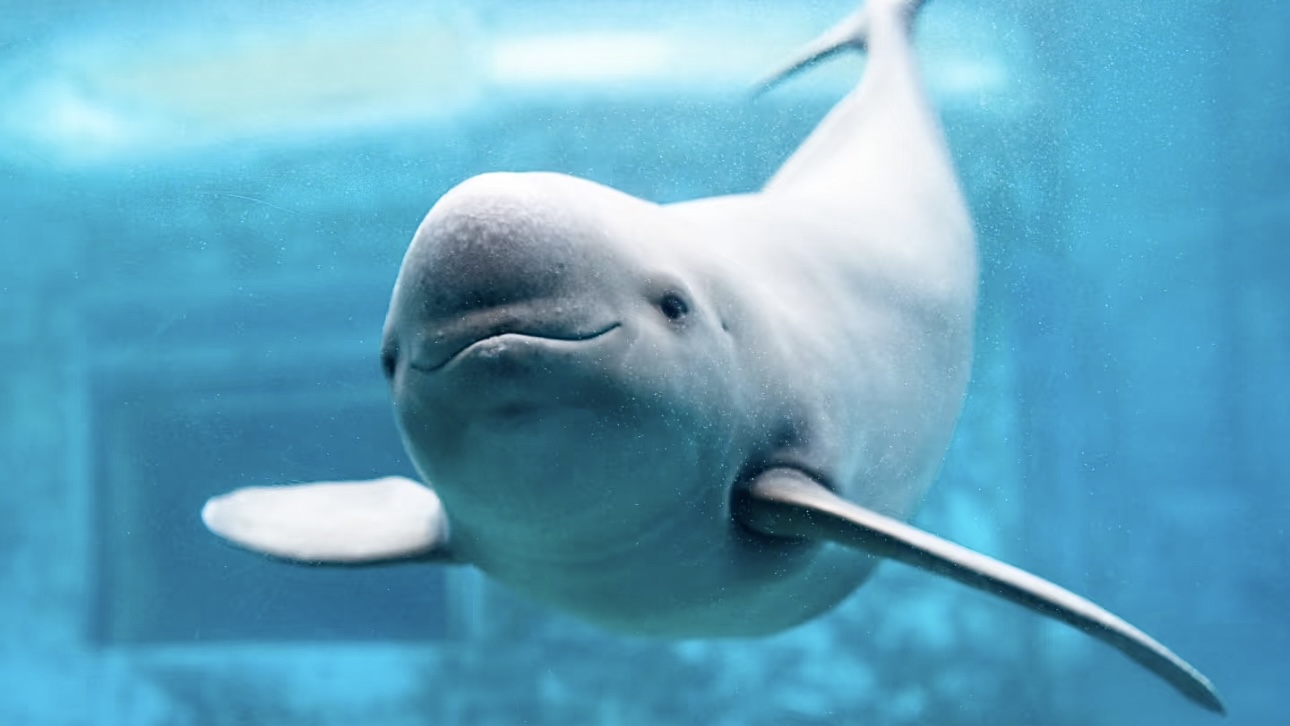
Technology-Empowered Monitoring and Conservation
The AI-powered cetacean conservation platform developed jointly by the Institute of Hydrobiology, Chinese Academy of Sciences and Lenovo Group enables real-time tracking and behavioral analysis of Yangtze finless porpoises through over 200 smart cameras and underwater sonar devices deployed along the Yangtze River. The platform incorporates embodied intelligent hexapod robots capable of autonomously collecting water…
-
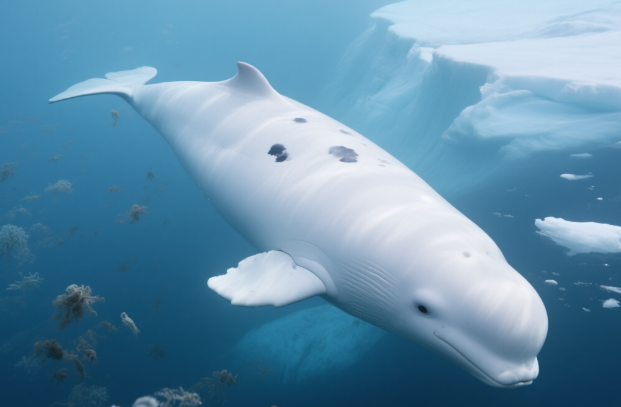
Arctic Belugas Under Dual Pressure of Climate Change and Pollution
Long-term monitoring on Canada’s Baffin Island reveals that polychlorinated biphenyls (PCBs) in local beluga whales now exceed international safety standards by threefold. As sea ice melts, the opening of Arctic shipping routes has spurred increased maritime traffic and oil-gas exploration. Pollutants accumulate through the food chain, while noise disturbs the whales’ echolocation systems, causing their…
-
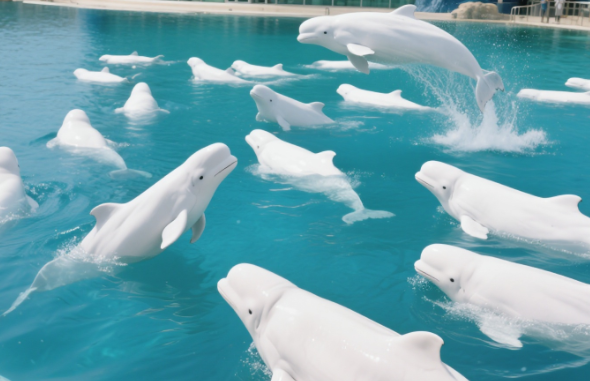
Canada’s Beluga Whale Captivity Crisis Escalates
Marineland, an aquatic park near Niagara Falls, faces financial bankruptcy and threatens to euthanize 30 beluga whales. The park stated that monthly maintenance costs of 2 million Canadian dollars have become unsustainable. Without government funding or approval for relocation, it will be forced to carry out euthanasia. This incident exposes the lack of a contingency…